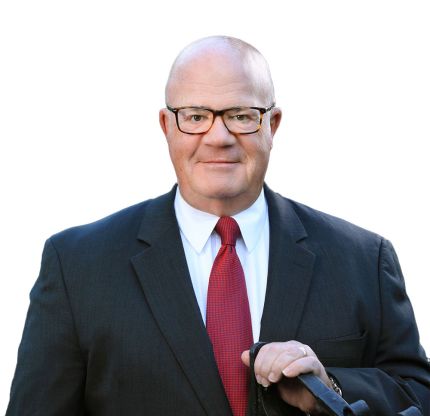
The Perils of Group Think
Why it is so important that you practice Critical Thinking
I am concerned that we, as a profession, are making vital decisions about our future largely on the basis of opinion and conjecture. Worse, we are allowing ourselves to be influenced by strong personalities or companies who have a need to fit their product into our solution. Folks with “axes to grind” or “dogs in the hunt.” You know what I mean.
If you have been active at any level in our industry for the past half decade you cannot help but be aware that there is growing belief that we are in process of transformation. Most people agree that DeathCare will be very different as quickly as 10 years from now. A majority (including some of our major vendors) think our best years are behind us. (I disagree) There seem to be an unlimited number of people who have opinions on where it will go. And opinions and conjecture always seem to degenerate into debate…mostly pointless. (yet another opinion)
 In general, however, there is simply confusion and that brings me back to my point. As a profession, unless we begin to think for ourselves we are simply destined to repeat the past. The result: we go in circles.
In general, however, there is simply confusion and that brings me back to my point. As a profession, unless we begin to think for ourselves we are simply destined to repeat the past. The result: we go in circles.
Stop and think: For more than ten years we have faced continual erosion of profitability. Despite our best efforts trends have not been impacted…at least in our favor. A lot of you (not all) have spent money, time and resources to end up not much better off than you were before. You did what you did because you thought it would work. After all, all your friends thought it would work too.
Einstein once said, “Problems cannot be solved by thinking within the framework in which they were created.” Deathcare, despite its appearance of fragmentation, does have a shared vision. Unfortunately, even for those who claim to think outside the box, that vision views everything through a very narrow context: Traditional Burial. As a consequence many of us have made choices that, in retrospect, had we been thinking critically, we would not have made. Things like spending too much on a new building, or getting into the pet cremation business solely for the purpose of generating more revenue, buying a cemetery, or paying too much to buy out a partner. Nothing is wrong with any of these and some of you have managed to turn lemons into lemonade. But they have not been the answer we thought they would be. In fact, in many cases they only increased our burden.
I am not trying to make you a cynic…just a skeptic.
The essence of Critical thinking lies not in answering questions but in questioning answers.
- Just because it fits your paradigm doesn’t mean it’s true
- Just because your friend did it doesn’t mean it’s good for you
- Never allow someone’s position, clothing or apparent socioeconomic level influence you
- Practice a healthy dose of skepticism when someone needs to include their product in your solution
- Be patient, early adopters make mistakes
- Develop a tolerance for short term ambiguity and anxiety
- When you find an expert be very sure they aren’t just a hammer in search of a nail
- Ask “Why?”
- Ask “How do you know?”
- Take anecdotal evidence with a grain of salt
- And, best strategy of all: Be Warren Buffet and ask, “If I make this investment how am I going to get two dollars back for every $1 I spend? How long will that take? And do I understand the risk?”
My opinion is that we have a great future. But that future demands that we objectively examine every “sacred cow” almost three dimensionally. Then we must decide which of them should be turned into hamburger, which should be nurtured and built upon and where we might find some new and more effective ones.
Action Item: If you have really begun to think criticially you know that your first step should be to:
Question everything I have just told you!
Our Blogging Expert

Business Consultant / Owner
Popular Articles
